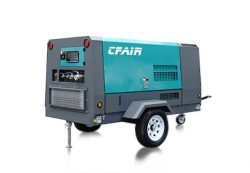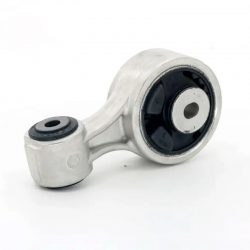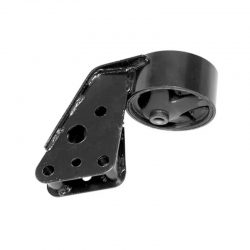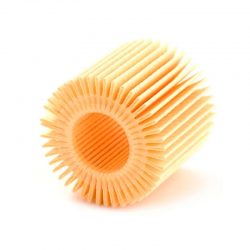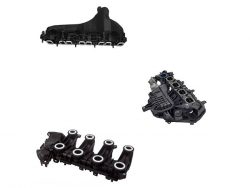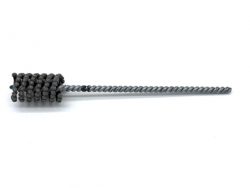Diesel Air Compressor EU Stage V Standard
A diesel engine driven air compressor EU V standard is a type of air compressor powered by a diesel engine that complies with the European Union’s Stage V emission standards. These standards are the most stringent regulations in the world for non-road mobile machinery, including air compressors. They aim to reduce harmful pollutants such as nitrogen oxides, particulate matter, and unburned hydrocarbons. Diesel engine driven air compressors that meet these standards are designed with advanced emission control technologies, making them more environmentally friendly.
What Are The Benefits Of Using A Diesel Engine Driven Air Compressor EU V Standard?
The Diesel Air Compressor EU V standard offers several benefits. Firstly, it meets the stringent EU V emission standards, reducing harmful pollutants and contributing to environmental protection. The diesel engine driven air compressor also provides high efficiency and performance, ensuring reliable and consistent air supply for various applications. The diesel engine offers robustness and durability, capable of operating in harsh conditions. This diesel engine driven air compressor also has lower fuel consumption, reducing operational costs. Additionally, the EU V standard ensures the compressor is compliant with regulations across European countries, facilitating ease of use and transport. Lastly, the diesel engine driven air compressor often comes with advanced features like noise reduction and automatic control systems for enhanced usability.
What is the Lifespan of a Diesel Engine Driven Air Compressor EU V standard?
The lifespan of a Diesel Air Compressor EU V standard can vary greatly depending on its usage, maintenance, and the conditions in which it operates. However, with proper care and regular servicing, the diesel air compressor can typically last for 10 to 15 years or even longer. Factors such as running the diesel engine driven air compressor at its correct pressure, keeping it clean, and ensuring it is not exposed to extreme weather conditions can significantly extend its lifespan. It’s also important to use the right type of fuel and oil, and to replace filters and other parts as recommended by the manufacturer.






















